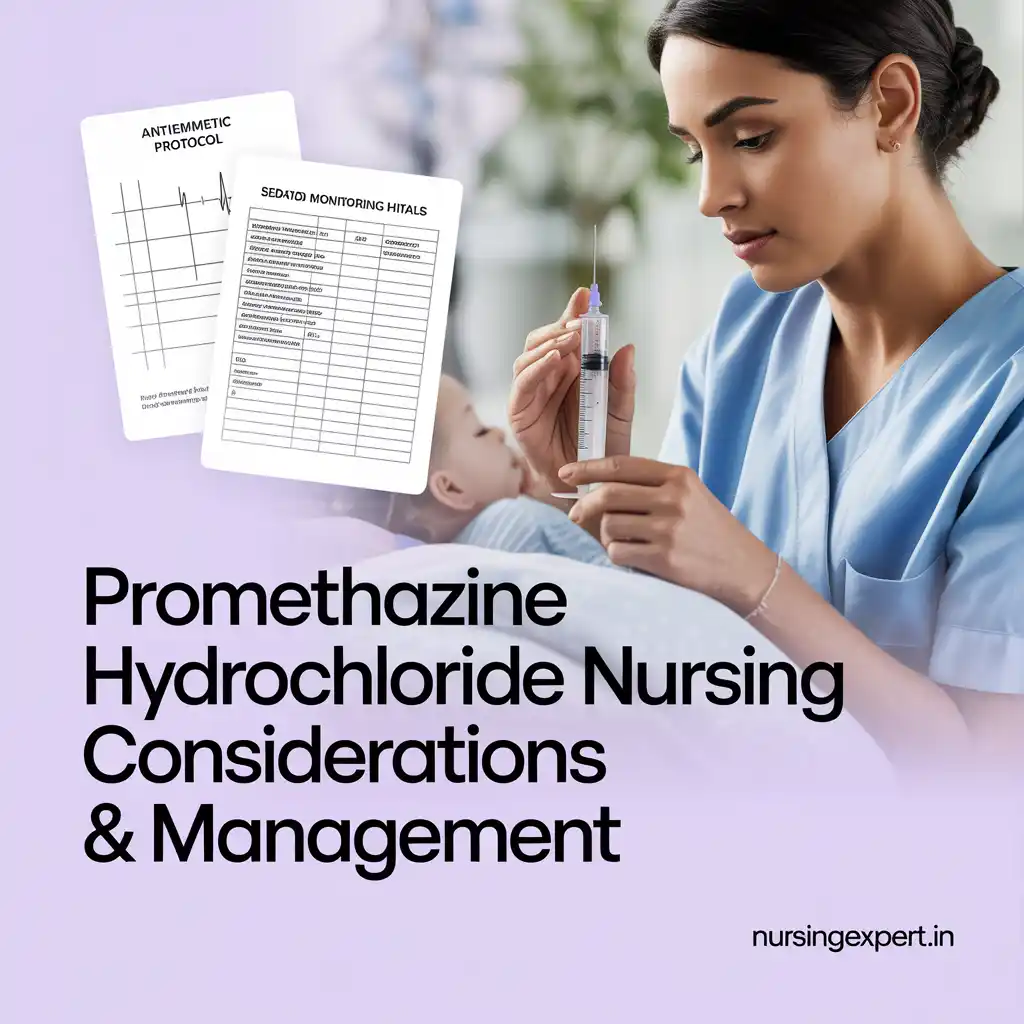Ranitidine Hydrochloride Nursing Considerations & Management
Introduction Ranitidine hydrochloride, widely recognized by its brand name Zantac, was once a cornerstone in the management of acid-related gastrointestinal disorders. As a histamine-2 (H2) receptor antagonist, it worked by blocking histamine receptors on parietal cells in the stomach, reducing gastric acid production. This mechanism made it highly effective for treating conditions such as peptic […]
Ranitidine Hydrochloride Nursing Considerations & Management Read Post »










